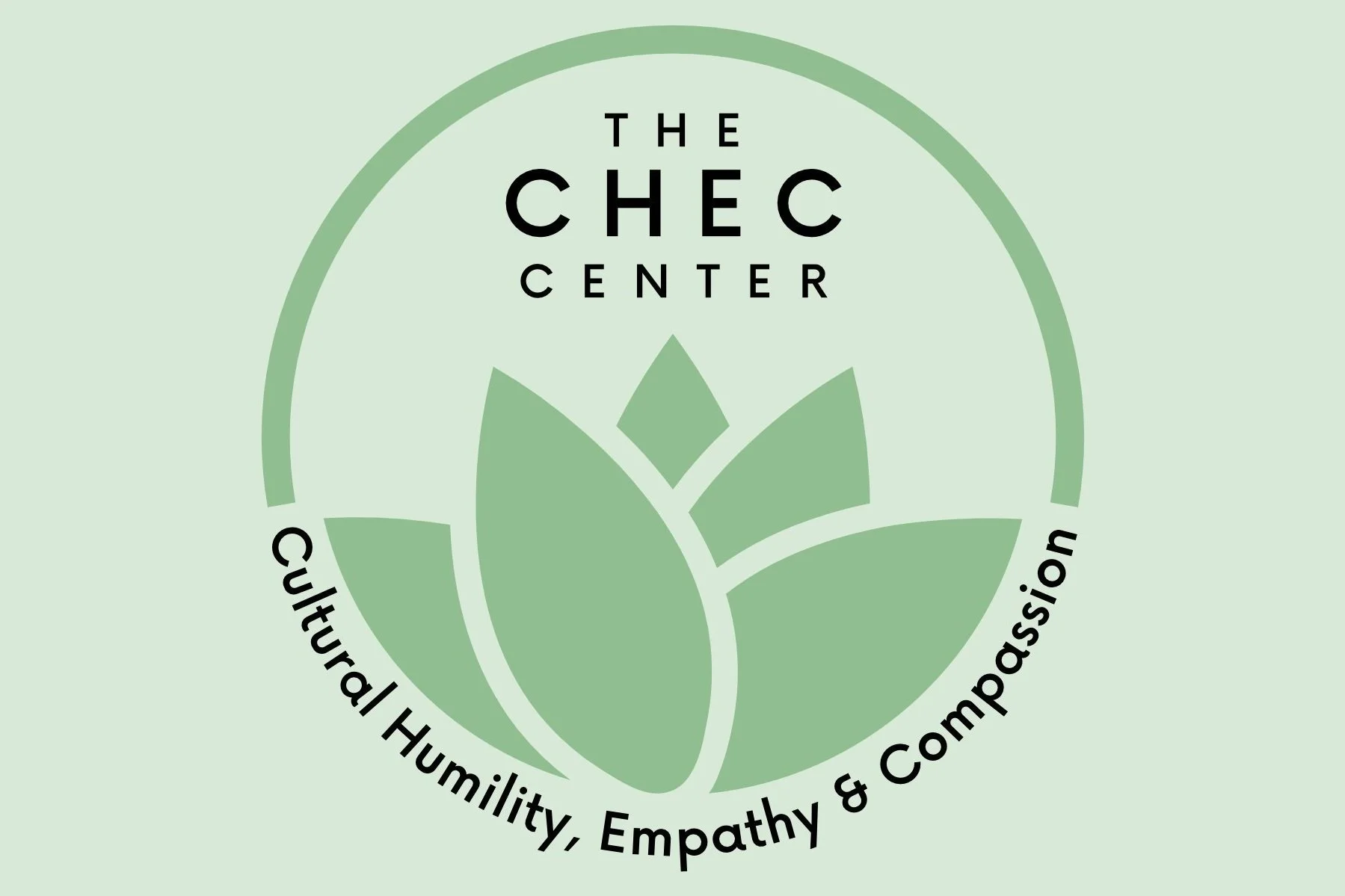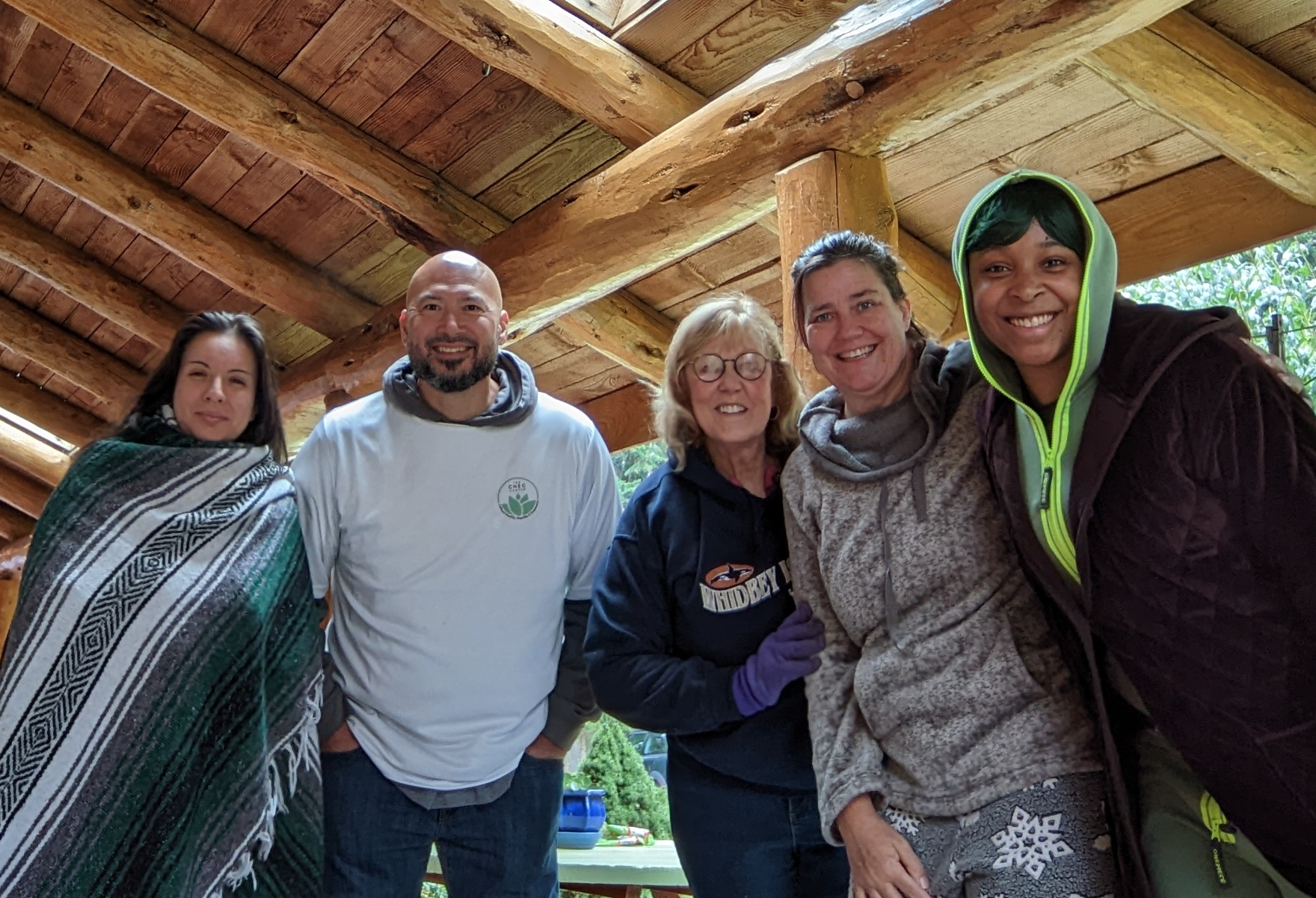
Upcoming Events

Providing counseling, executive coaching, training, and mentoring services
OUR MISSION
We believe that people have more in common with each other than differences, and through genuine understanding and authentic communication, we can make a stronger and better world. Our mission is to be the guiding star in building a community of individuals, companies, and governments that is united in diversity, equanimity, and connection.

What is the CHEC Framework?
The CHEC Framework is a lifelong practice and methodology that is designed to improve communication, develop deeper understanding of self, and connection with others, which improves personal, professional, and organizational sustainability. It is based on the practices of Cultural Humility, Empathy, and Compassion.
Cultural Humility—A lifelong commitment to self-evaluation, self-critique, and self-development (Tervalon & Murray-Garcia, 1998). When we practice cultural humility, we know that no matter how much we may know about a culture, that does not mean that we know the person in front of us. We remain curious and we uncover and challenge our own biases.
Empathy—This is the ability to understand and share the feelings of another. What might it feel like to be in their shoes? Through empathy, we can practice forgiveness for those who may unintentionally hurt us, as well as developing deeper understanding from recognizing when we have unintentionally hurt someone else, asking “How did this happen and what needs to change?”
Compassion—A feeling of deep sympathy for another who has been stricken with misfortune, followed by a strong desire to alleviate the suffering. When someone is hurt, we ask about that hurt, understanding the impact (especially if we did the hurting) and how we might help. When someone recognizes we are hurt, we do our best to be open to dialogue & connection.


